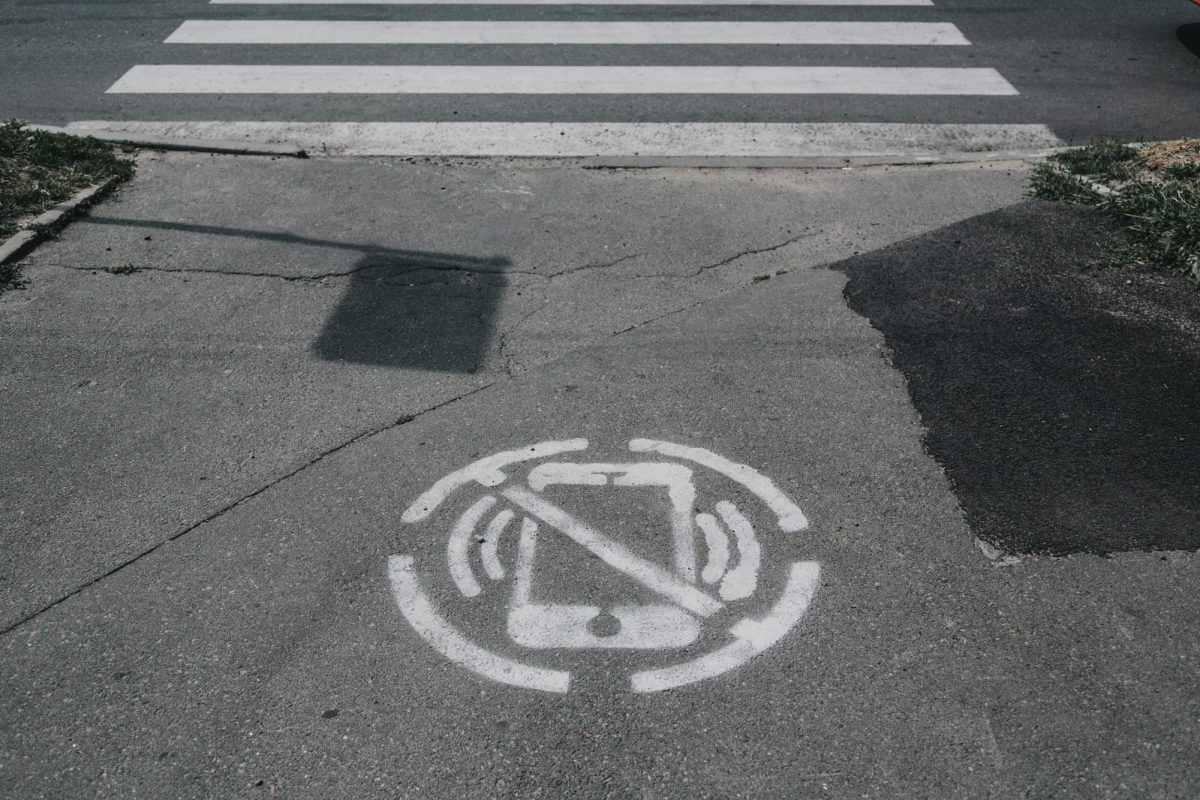The advent of the smartphone has been the greatest predator of boredom. Anytime boredom dares to show itself, from waiting in a long line to commuting on the bus, phones are always there to viciously tamp down any inklings of boredom. However, boredom in moderation actually boosts mental health, inspires creativity, promotes maturity, and increases efficiency. By oppressing it so heavily, we are effectively depriving ourselves of one of the greatest things for the human mind: free thinking. Young adults should learn to embrace boredom in life instead of avoiding it at all costs through the use of their phones.
Young adults practically have their smartphones glued to their hands. They use it when walking, waiting, standing, sitting, and lying down. The portability and ease of a smartphone means that any owner has constant access to music, social media, messaging, calling, and Google. The average daily screen time for mobile phone users, not counting phone calls, has consistently increased in recent years, reaching a total of 4 hours and 30 minutes in 2022. The little chunks of time people would normally spend alone with their thoughts are vaporized by the use of a smartphone and its glowing screen.
The death of boredom is the death of something fundamentally human. Philosopher and mathematician Blaise Pascal posits in his book “Pensees” that boredom is the natural state of human beings. Because most people cannot deal with the natural state of quiet with themselves, they search for diversions. Pascal’s “diversion” has many forms: vices like drugs or violence, religion, or most predominantly in today’s society, phones.
However, reducing boredom reduces its positive effects. Boredom increases creativity, mental health, and maturity, offering clear direction and goals in life. In a 2014 study by UK researchers at the University of Central Lancashire, subjects were given a test of creativity where they had to think of as many uses for a plastic cup as possible. One group, who rated copying the contents of a phone book as a subjectively boring task, carried this assignment out prior to the test of creativity. Meanwhile, the control group was given a “non-boring” task. The first group performed markedly better than the latter control group. The study concluded that this is likely due to how boredom affects the brain, acting as a period of rest and buffer that allows the brain to reset itself. Some byproducts of this are greater creativity and problem-solving. Boredom cultivates motivation and, in turn, sparks creativity.
Perhaps most importantly, boredom gives our lives meaning. Philosophy professor Andreas Elpidorou of the University of Louisville puts it best in her paper “The Bright Side of Boredom”: “Boredom helps to restore the perception that one’s activities are meaningful or significant.” Following the same logic of we can only be happy because we have been sad, perhaps we can feel a sense of purpose because we allow ourselves to experience bouts of time without it.
The natural counterargument may be that smartphones have revolutionized social connectivity and that replacing boredom with digital communication is advantageous. However, research has repeatedly shown that social interaction via a screen does not have the same positive effects as face-to-face interaction. A team of Austrian scientists led by Researcher Stefan Stiege conducted a study where subjects experiencing the COVID-19 lockdown were asked to report their face-to-face communication times, their digital communication times (texting, social media), and their mental health states. Stiege concluded that “face-to-face communication [is] much more important for mental health than digital communication.” The UCSD Guardian covered this topic more thoroughly in a previous article, titled “Disconnecting to Reconnect.”
For many young people, being away from their phones means feeling alone and socially isolated which is understandably an unpleasant experience. Without friends to text or incessant scrolling, one cannot distract oneself from any feelings of loneliness. However, this condition is a natural part of life even if it may be a new sensation for college students who recently moved away from home. Acceptance of and finding peace in being alone is a fundamental part of being an adult and a productive way to cultivate individuality and personal satisfaction with life.
Maturity means accepting that the majority of life is often quite boring. It means accepting that we can feel fulfilled and motivated, not despite our boredom and loneliness, but because of them. Through the act of simply existing without distraction, we learn to appreciate the attention we give to our work and school, and it is because we have been lonely that we gain great satisfaction from being around friends and family.
So, put down the phone, and set aside a day for yourself. Spend some time alone and bored. You might find yourself a better and happier person because of it.






















